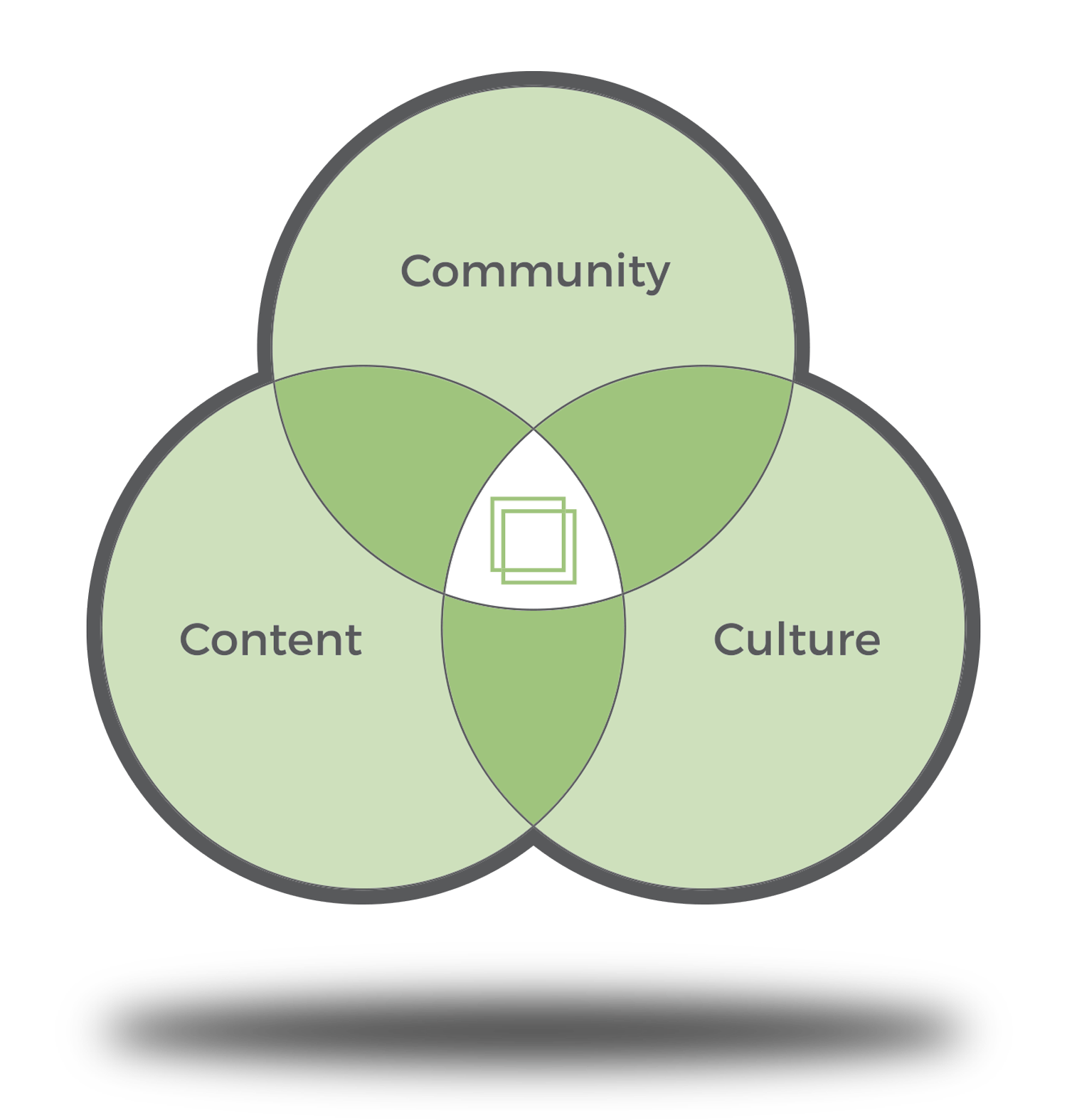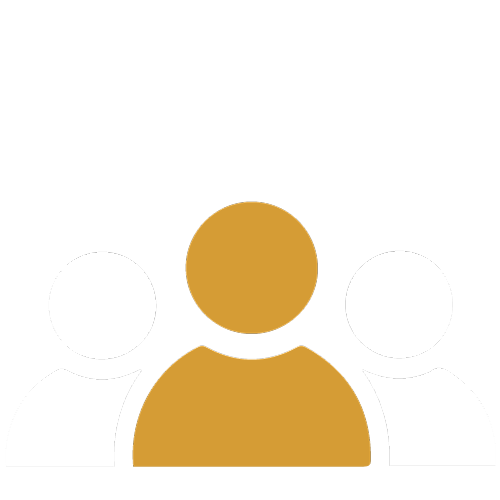Our Approach
Engage with our curriculum to gain the competencies that help us take care of our own wellbeing.

Medical Students and Residents
%
of medical students are severely distressed1
%
had either taken or considered taking a leave of absence for personal wellbeing1

Nearly 1 in 3 medical students and residents are depressed2–4
Physicians
%
of physicians report experiencing burnout 5
%
(1/7) of physicians have had thoughts of or attempted suicide5
2 x more likely to die by suicide than general population6
The System

Approximately $4.6 billion in costs attributable to burnout7
Burnout associated with medical errors and poor patient safety8–9
Build Upon your Intrinsic Resilience and Well-Being
Learn practical skills with our evidence-based content, rooted in positive psychology
Listen and
Be Heard
Join small group sessions led by dedicated, trained leaders creating space to learn, share, and process the challenges of healthcare.
Be a Part of our Community
Join our diverse, interprofessional network and connect with a supportive community from across the country
Community
Community reminds us that we’re not alone. That’s why our sessions include small group discussions led by a trained Cope leader creating a safe and constructive environment to learn, grow, and be supported.
Culture
We define culture as “how groups implicitly respond to change, challenge, and communication.” By bringing intention to how we respond to struggle, in a safe and inclusive environment, we take small but crucial steps toward our long-term strategic plan to end burnout and create a culture of health in medical training.
University of Tennessee Memphis
University of Tennessee Chattanooga
Johns Hopkins University
University of Nebraska
University of Kansas
Drexel University
University of California San Francisco
University of Arizona
Case Western Reserve University
Central Michigan University
